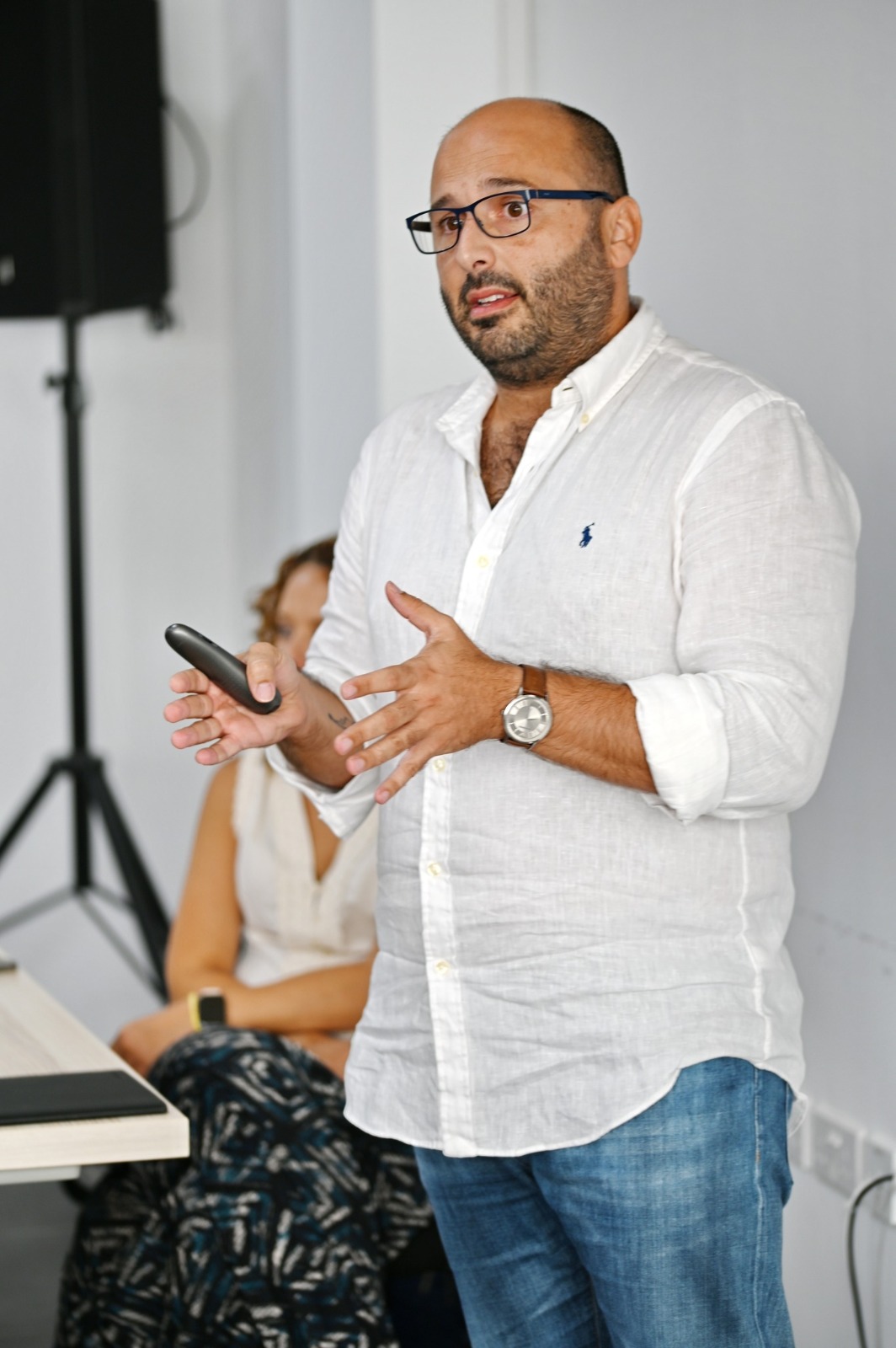1) Facing Challenges Head-On
Throughout my career, I’ve always faced problems head-on. Confronting challenges directly is part of who I am. However, there was a time when my dedication to work tipped into workaholism. I wasn’t running away from personal issues or avoiding complex relationships; I tackled those as they came.
2) Sustainable Pace: When Perfectionism Becomes a Shield
My workaholic tendencies were more a reaction to external obstacles: authorities who seemed intent on hindering my progress and colleagues who, perhaps out of envy, spread misinformation or tried to undermine my efforts.
3) The Cost of Chasing Flawlessness
I could overcome these barriers by working harder and striving for perfection. Perfectionism became both a shield and a driving force. I thought that if everything I did was flawless, no one could question my capabilities or impede my success. But this relentless pursuit of perfection led to exhaustion and diminishing returns. It began to affect my well-being and satisfaction with my work.
Understanding Ikigai vs. Workaholism
Understanding the Nature of Workaholism
Workaholism, on the other hand, is an uncontrollable need to work incessantly. External pressures or internal insecurities often drive it beyond what’s sustainable or healthy. While workaholics may appear deeply dedicated and committed, their relentless work pace is rarely sustainable and can easily lead to burnout or emotional fatigue. Over time, this pattern becomes more destructive than productive, leaving little space for recovery or personal growth.
Recognising the Root of My Habits
I began to realise that my perfectionism and workaholic habits were not serving me as I thought they were or bringing the satisfaction I expected. Instead of simply overcoming obstacles with purpose, I allowed external challenges to dictate my well-being, focus, and overall work habits. I was reacting to the authorities and colleagues who stood in my way by pushing myself harder and harder, but this approach was mentally, emotionally, and physically draining me over time.
Lessons Learned Through a Sustainable pace
I) Facing Challenges with Resilience, Not Overwork
While addressing obstacles directly is essential, there are better solutions than overworking. I learned to approach challenges more strategically and mindfully, conserving my energy for effective, focused action rather than constantly exhausting myself through unsustainable effort.
II) Letting Go of Perfectionism
Perfectionism can be a double-edged sword in both life and work. Striving for unattainable perfection led to constant pressure and unnecessary stress. By accepting that 80% of the quality is still excellent and more than good enough, I became noticeably more productive, efficient, and content in my daily efforts.
III) Embracing My Ikigai
Reconnecting with my ikigai helped me find joy in my work again. Focusing on what I genuinely love and what brings value to others allowed me to work with passion, clarity, and energy—without carrying the constant burden of perfectionism. It reminded me that meaningful work doesn’t have to be flawless to be fulfilling.
IV) Setting Healthy Boundaries
V) Choosing Battles Wisely
VI) Surrounding Myself with Supportive People for a Sustainable pace
I consciously chose to collaborate with individuals who respect, support, and uplift me. Being in a positive environment reinforced my ability to thrive without overextending myself or falling back into unhealthy work patterns. It reminded me that success is sustainable when nurtured by mutual respect and genuine encouragement.
VII) Moving Forward with Purpose and a Sustainable pace
I’ve found a healthier balance by shifting my focus from reacting to external obstacles to nurturing my own well-being. I’m still deeply committed to my work and continue to face challenges head-on, but I no longer allow external negativity to consume me. Embracing my ikigai has enabled me to find fulfilment without sacrificing my health or happiness.
I now understand that working smarter, not more complex, and letting go of the need for perfection means something other than compromising on quality or dedication. It means recognising my own value, setting realistic expectations, and cultivating a work-life balance that sustains long-term success and satisfaction.
Conclusion
The journey from workaholism to embracing ikigai hasn’t been easy, but it’s been profoundly rewarding. By acknowledging that I don’t need to overwork to overcome obstacles or prove myself, I’ve opened up space for personal growth, stronger relationships, and more meaningful achievements. I continue to enjoy my work passionately, but now it’s in harmony with a balanced life that honours all parts of who I am.
Remember: Facing challenges is essential, but so is taking care of yourself. By aligning your efforts with your ikigai, you can overcome obstacles without losing sight of your well-being and true purpose.
Share this Blog
Recent Thoughts
Rumours, Noise and Real Growth: Learning to Keep My Eyes on the Road
“Matthew is a closeted gay.”“Matthew jumps from woman to woman.”“He’s money-minded.”“I’ve heard he sees women for free if they ‘offer favours’.”“I’ve heard he’s
Ikigai vs. Workaholism: Why I’ve Given Up Perfectionism and Workaholic Tendencies
1) Facing Challenges Head-On Throughout my career, I've always faced problems head-on. Confronting challenges directly is part of who I am. However, there





